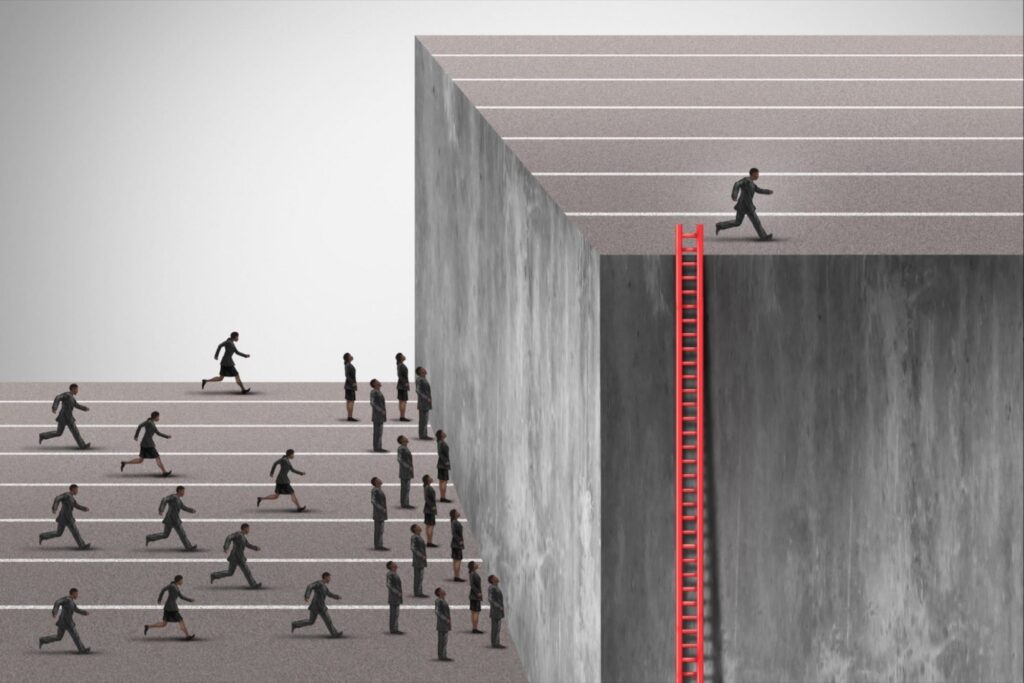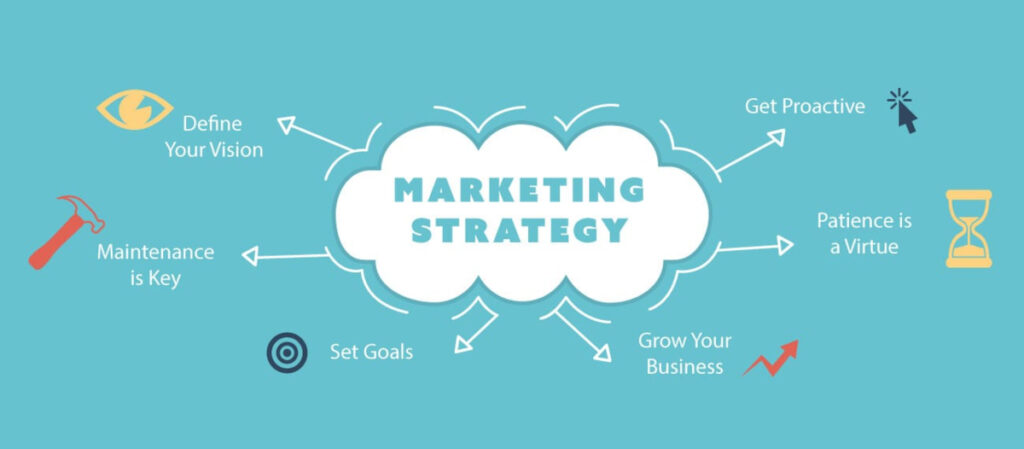Growth is a process that involves change in the body and behaviour. The psychological concept of growth is based on the principles of developmental psychology. This discipline aims to explain the development of human beings throughout their lives.
Studies show that growth mindsets are associated with better mental health and self-report life events. In addition, it is linked to higher levels of learning engagement and a more positive treatment experience.
Growth is a process
Growth is a process that involves a change in the body’s size and shape. It is usually measured in terms of height, weight, and body proportions. This change is caused by cell growth, a process that occurs in all living organisms. Growth can also be measured in other ways, such as the rate of learning.
People with a fixed mindset often measure their self-worth on single events, such as their SAT score or college application. They may become frustrated with themselves when they fail to achieve their goals. But, by understanding that growth is a process, they can recognize that failures are not permanent and that their abilities are constantly evolving.
A study found that individuals with a growth mindset are more likely to report lower levels of psychological distress and higher reports of treatment value and positive coping. They are also more likely to be resilient in the face of challenges. These findings suggest that teachers and parents should not push children to develop beyond their current stage.
Growth is a state
Growth is a state that is dependent on a number of factors, including socioeconomic status, family characteristics, and educational environment. Higher education levels are correlated with growth. In addition, urbanization has a positive effect on growth. These factors are also influenced by the inherited traits of children. The development of each child is unique and relates to their stage in life. Teachers and parents should not expect them to understand abstract concepts that are beyond their stage of growth. This will only cause frustration and tension in them.
Growth is a physical process that represents changes in height, weight, and body proportions. It is a quantitative change that occurs among every living being. However, it is not a life long process and stops at the time of maturity. Growth can also be a qualitative change that brings about development. The growth rate of human bodies is rapid in prenatal, neonatal, and infant stages and slows during childhood.
Growth is a skill
The growth mindset is a useful skill that workers can develop to help them overcome challenges in the workplace. It involves embracing hurdles and learning from criticism, but it can be difficult to master. For starters, it is important to recognise that feelings of inadequacy or inability are normal.
People with a growth mindset believe that success, skill, and intelligence are something they can grow. They also realize that their innate traits play a role, but they understand that the key to achievement is hard work and perseverance.
Another aspect of the growth mindset is recognizing that others have different abilities. It is easy for people with a fixed mindset to compare themselves with others, but those with a growth mindset know that the success of their peers can inspire them. In addition, they are willing to change their approach when it isn’t working. Changing perspectives can spark innovation and unique applications. The ability to make adjustments is critical for any profession.
Growth is a feeling
It’s a sign that you’re growing when you develop a new passion or take on something challenging. These experiences are a necessary part of healing, and they also allow you to learn more about yourself. However, they can be scary and stressful, especially if you’re not used to them. You may feel lost or adrift, but these feelings are a necessary part of the growth process.
Those who are certain about everything in life and don’t allow room for change or uncertainty will never grow. This is a dangerous way to live, and it prevents you from expanding your knowledge or trying new things.
It’s important to remember that growth is often a slow transformation, with subtle changes in your life. These changes can be difficult to notice until you take the time to reflect on them. Changing your habits can also be uncomfortable, but it’s worth the discomfort for the long-term benefits. Moreover, you’ll also find that the people who remain in your life will respond to you differently, as they will see you as a changed person.




